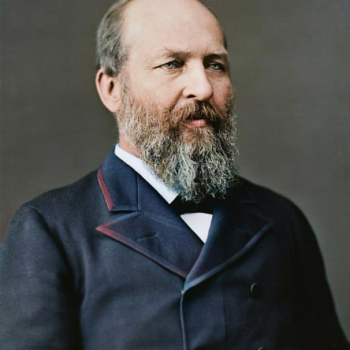As I write this, I can picture readers folding their arms in skepticism, images of piercings and cohabitation colliding in their minds into one horrific tableau of autonomy. Doesn't "finding one's true self" swerve toward a new-agey subjectivism, a license to libertinism grounded in unlimited freedom?
While that concern is understandable, finding the true self does not mean one remakes one's self according to self-originating criteria; rather, one discovers, or receives, the true self. Through self-examination, spiritual direction, faith, and even something as basic as trial and error, a person begins to see what about him-or-herself is fake or unreal or simply artificial, and also what is true, holy, and authentic: what is wanted for the sake of the world and what is wanted for the sake of God.
Theologians and spiritual writers should continue to explore the motif of the true and false selves as a way to introduce the Christian vision. As illustrated by Father Martin, the idea of the "true self" can help today's believer understand the nature and purpose of one's deepest longings; and, as Father Barron points out, the true self is a helpful way of expressing that aspect of ourselves made imago dei. A third and, in my mind, one of the most persuasive reasons for considering the motif results from the Catholic Church's own self-understanding.
In Gaudium et Spes, the Council Fathers stated that the Church, in "language intelligible to every generation .
The concept of the true self, however, helps people understand not simply what they are leaving, but what, and who, they are moving toward, a reminder that though the grain of wheat must die, it does so to bear much fruit.




